Affiliate links on Android Authority may earn us a commission. Learn more.
I test dozens of phones every year and here's how often I think you should upgrade
Published onJanuary 14, 2025
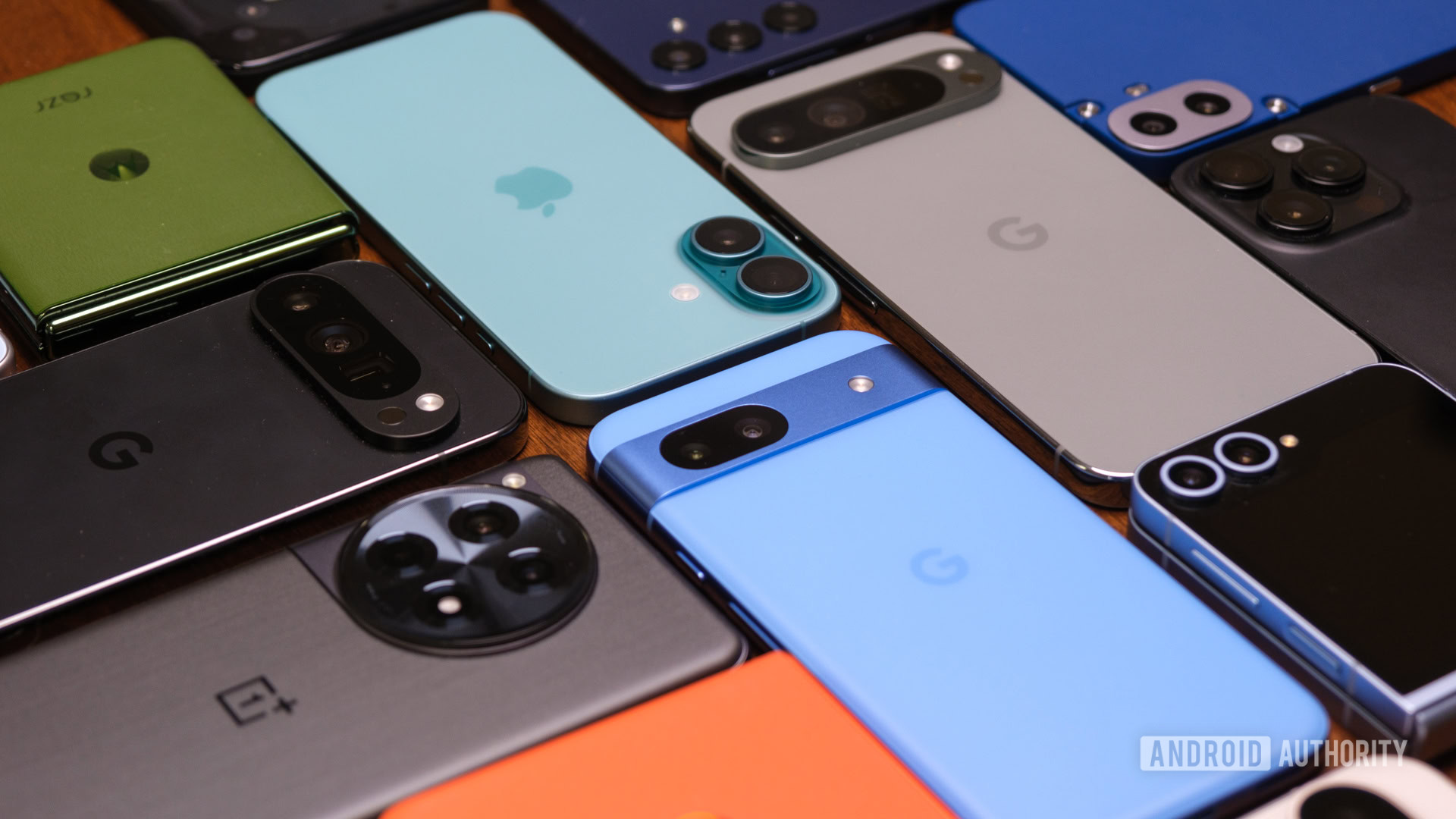
When was the last time you got a new phone? For me, it was last week. Before that, it might have been three weeks ago. Before that, well, you get the idea — I have some of the best Android phones from the last few years floating around my apartment. In some cases, I have multiple generations of the same lineup, like Google Pixel devices back to the Pixel 6 series and iPhones back to the iPhone 12, and I’ve used them all. It’s a fortunate position to be in, but also one that shows how little tends to change from one year to the next. As someone whose SIM is always on the move, here’s how often I think you should get a new phone.
Is it innovation or iteration?
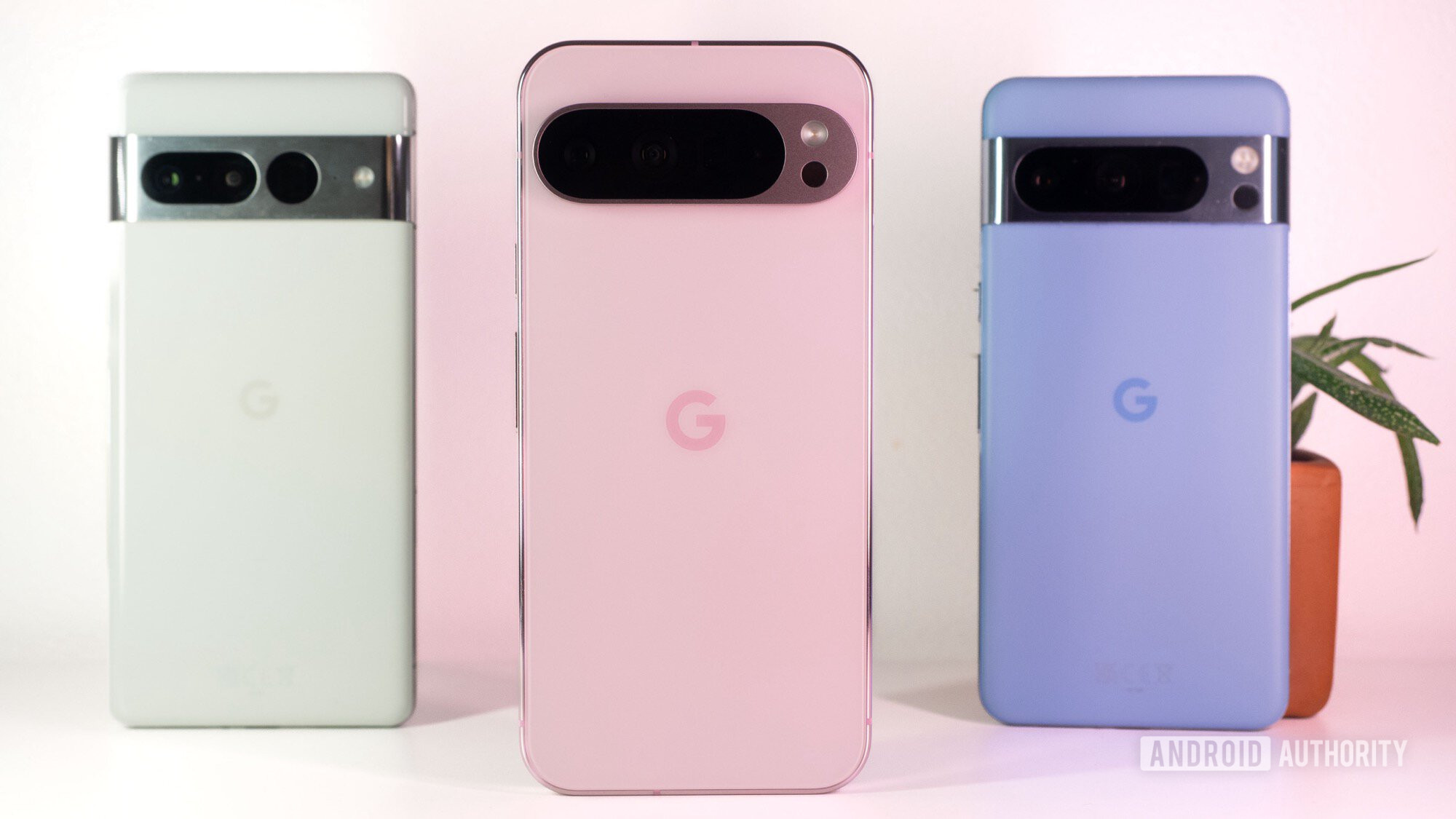
First and foremost, you don’t need a new phone every year. I certainly wouldn’t get one that often if I weren’t in my position. If I’ve learned one thing from my constant stream of new phones, the more they claim to change, the more they tend to stay the same. Apple, Google, and Samsung can mention everything new over the course of an hourlong keynote address, but by the time we get the latest device in hand, it feels so similar to the previous generation. Having reviewed them all, the iPhone 16 feels a lot like the iPhone 14 and 15 did before it, and other than minimizing their camera cutouts, the last few generations of Galaxy S flagships have all felt — and looked — identical.
That said, sometimes a significant change will come along that makes you wonder if it’s time to update. Sometimes it is. Apple ushered in its Dynamic Island on the iPhone 14 Pro series, and Google debuted its Tensor chip and revamped camera bar on the Pixel 6 series, both of which felt like steps away from established designs. The Pixel 6 Pro remains the last phone I bought with my own money, and I remember being so excited to see Google finally break free from an endless stream of single-color devices and corner-mounted camera bumps. It was finally an innovation that brought more of the Pixel process in-house and started a leadup to longer software support and a more seamless Pixel experience.
Hardware might change from one year to the next, but is it worth $1,000?
Since then, things have slowed down — and not just for the Pixel. The Tensor chip has improved in its G2 and G3 generations, and Google has swapped a few other bits of its Pixel design, but none of it — at least from a hardware perspective — has added up to make some people ready to spend $1,000 on a new phone. Google’s chipset still runs warm at times, its older devices are perfectly capable of image processing, and it’s still tough to top some of the original Pixel 6 color options, even though I think I bought mine in Stormy Black anyway.
To an extent, even foldable phones have been lured into a cycle of minor updates. Both Samsung and Motorola adopted larger cover displays for their flip phones in 2023 (which they then kept in 2024), but before that, the Galaxy Z Flip and Razr were starting to feel like rinse-and-repeat launches. They had similar cameras and almost the same hinges for a few years, and choosing to update would cost you a cool $1,000 for a phone that might not last its entire update cycle.
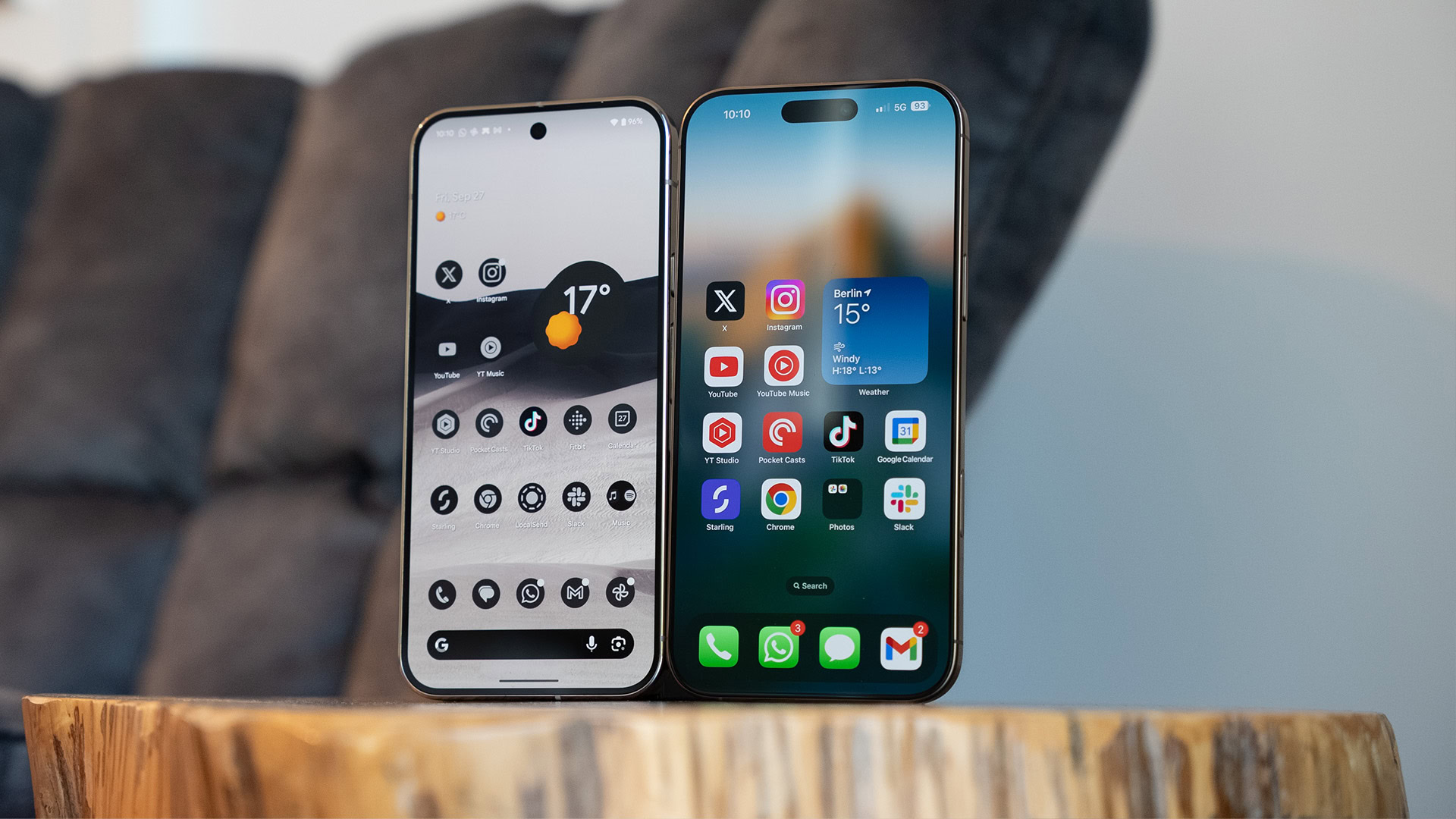
Mentioning updates, that’s probably the main reason I’d tell someone to buy a new phone right now. Not for the current state of Android or iOS itself — they haven’t changed much in a few years — but for the fact that you can finally expect more than three or four years of continued updates. After all, if you spend the money on a Pro-level iPhone or anything with Ultra in the name, it’s better to know that you have seven years of support ahead of you rather than half of that.
Yet, even with an improved update timeline, I find myself willing to recommend previous-generation flagships more and more as I write reviews. They tend to pack similar cameras and carry comparable displays, and they can often be had at a much more comfortable price. Sure, you’ve probably already missed out on a year of updates, but they’ll be available when you set up your phone, and the money you can save is more than worth your while.
How much do you care about AI?
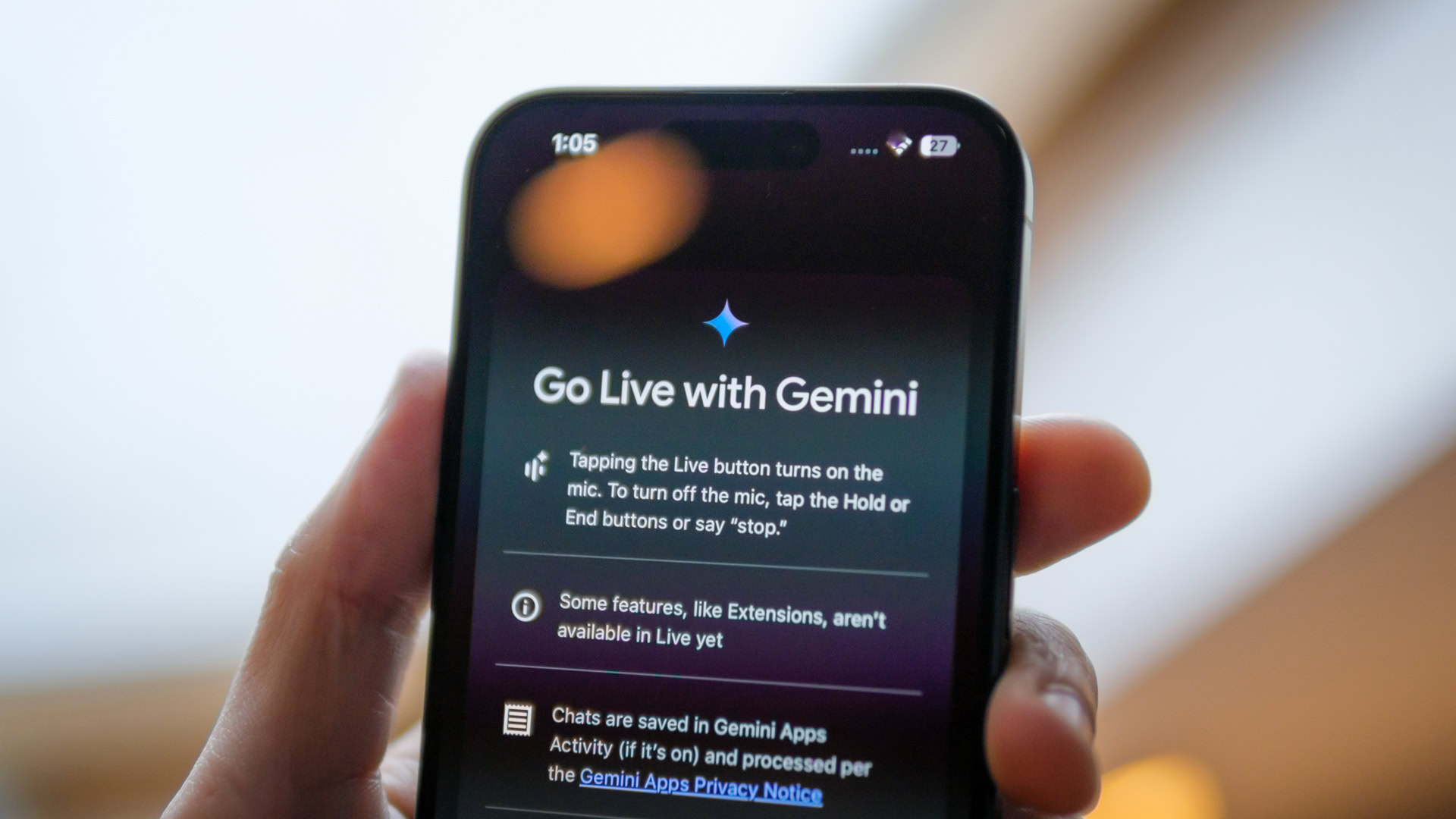
There is, however, one thing that might have you eyeing up an upgrade — AI. Now, on-device AI isn’t a must-have feature just yet, but given its strict hardware requirements, it will probably push you into a new phone sooner rather than later. Google has reserved most of its Gemini Nano experience for the Pixel 8 and Pixel 9 series, Samsung’s Galaxy AI is only fully available on the traditional Galaxy S and foldable Galaxy Z lineups, and Apple Intelligence has finally arrived on the iPhone 15 Pro duo and iPhone 16 series.
But, as I said, on-device AI isn’t as important as a reliable set of cameras or a vibrant, smooth display — at least not yet. Instead, it feels like Google’s first crack at an in-house chipset — flawed but a step in the right direction. Where we couldn’t trust the original Tensor to stay cool under pressure, we can’t always trust the accuracy of generative AI features as they land. Generated wallpapers are still full of wonky artifacts, and text often feels robotic and artificial, but both have come a long way in their relatively short histories. They just still have a way to go.
AI is cool in the way that early foldable phones were cool — it's an exciting idea with a long way to go.
Don’t get me wrong, there are some AI-powered features that I’ve started to embrace. Circle to Search is a noticeable improvement on Google Lens, and Magic Editor is a logical step beyond Magic Eraser, but other features like Google’s Magic Compose feel slightly sillier. I can count on zero hands the number of times I’ve wanted to rephrase a text message to sound like Shakespeare before sending it to a friend.
To put it another way, AI on smartphones currently feels like the early generations of foldable phones. Sure, it does some neat tricks, and it’ll certainly catch the eye of your nerdier friends, but it’s not quite ready for everyone. Honestly, foldable phones still aren’t ready for everyone, given their lower durability and smaller batteries, and they’ve had generations to iron out the kinks — er, creases. Honestly, I have AI-capable devices in the Pixel 9 Pro and Galaxy S24 Ultra, but I don’t find myself using them any differently from my standard iPhone 15.
So, how often should you really update your phone?
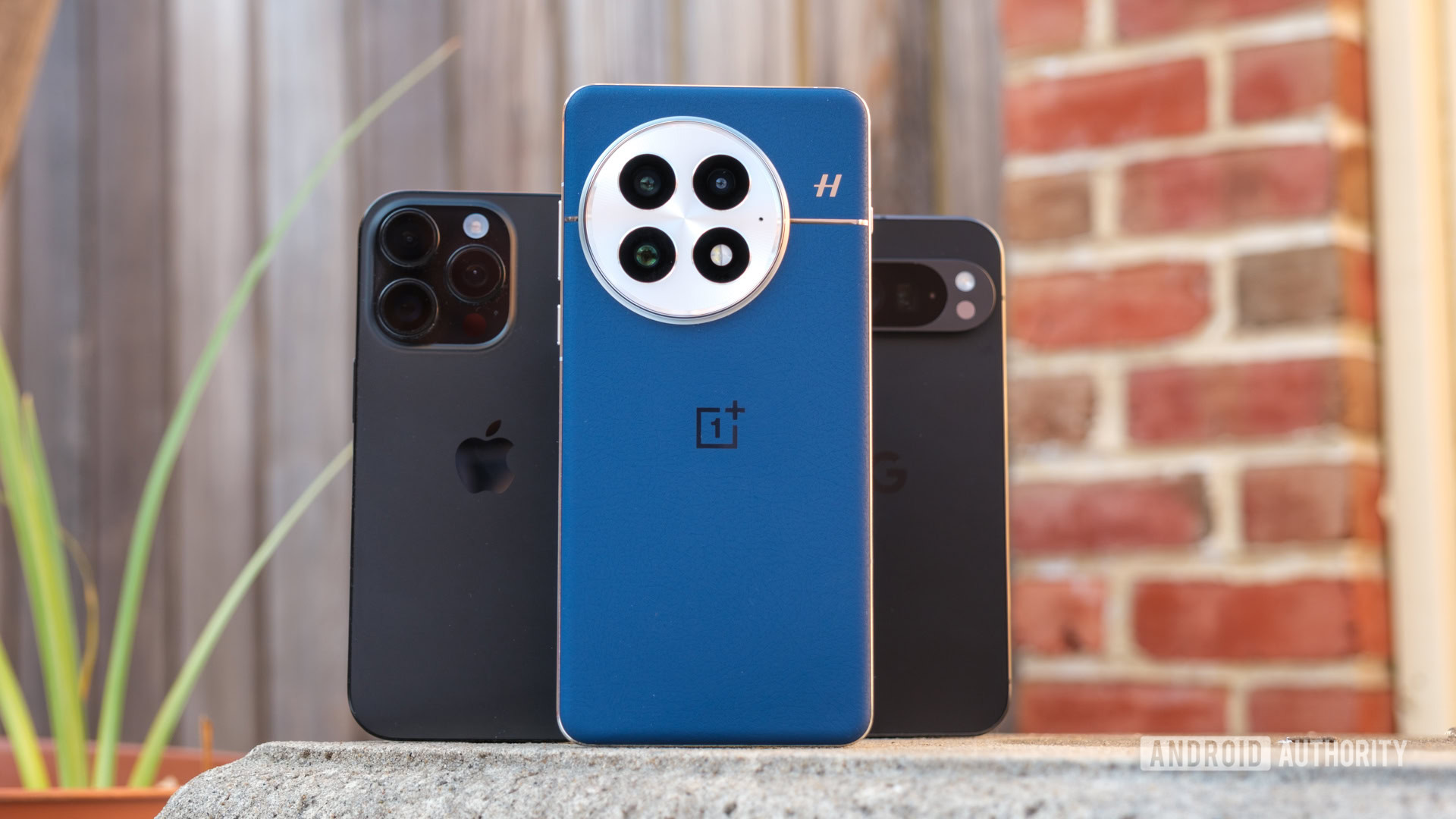
Now, for the potentially more than $1,000 question — when should you update your phone? Well, the simple answer would be when it stops working. If something happens to it that will cost more to fix than the phone is worth, like a shattered display or a busted battery, it’s time to upgrade. If you’ve run out of Android (or iOS) updates and security patches, it’s time to upgrade. Otherwise, you might want to take a long, hard look at your current phone before you relegate it to the great tech cloud above (or sell it to someone else). When you do decide to upgrade, you’ll probably have an all-new slate of the best camera phones and some of the most powerful hardware to choose from.
How often do you upgrade your phone?
Since phones are guaranteed additional years of updates, are slightly easier to repair, and — let’s face it — have reached something of a plateau, there’s less reason to run out for the latest iPhone or Pixel. Who will tease you for not having the latest and greatest phone when it looks almost the same as its predecessor from two or three years ago? I’d rather have money in my pocket and a phone that does everything I need than the street cred associated with whipping out the Samsung Galaxy Z Scroll Super Max Ultra (this isn’t an actual phone, but it might have made Unpacked more exciting).
And yes, I know that telling you not to buy a new phone goes directly against what I do for a living. I know that I should be pressing you to upgrade your phone using one of our affiliate links so that we can get some money and keep the lights on (which would be nice). But I also know that phones and accessories like cases and earbuds are extremely expensive. Life is expensive, too. Unless you can write 1,500 words — approximately the length of this piece — on why a new phone would make your life better than your current, still-supported phone, you can probably wait a little longer.